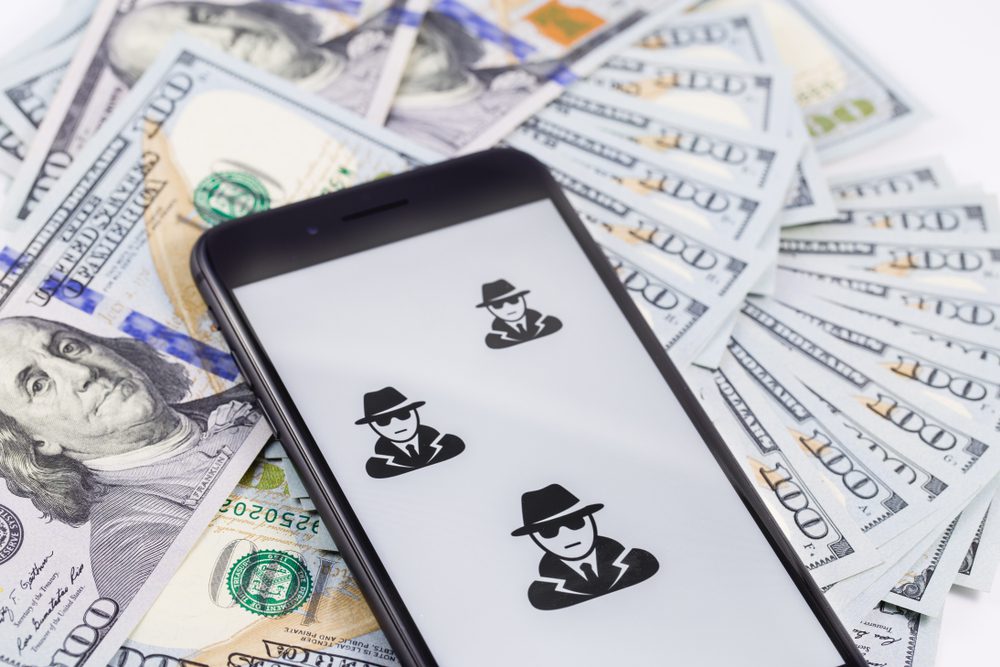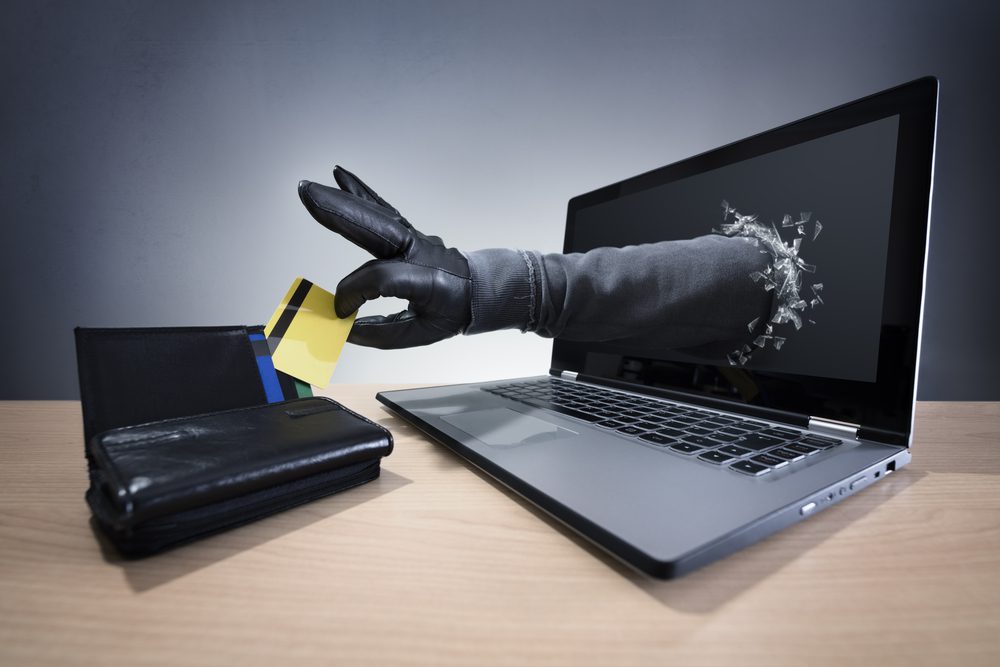Only last year, there were 15 million U.S. consumers who, unfortunately, were victims of identity theft, at least according to what the 2022 Identity Fraud Study from Javelin Strategy & Research has claimed.
Criminals had no shame in using personal information from these individuals, which added up to $24 billion in losses. This kind of traditional identity theft represents only half the problem.
Plus, identity theft fraud scams where criminals contact various consumers to manipulate them into approving different transactions or even giving up a couple of personal details directly affected 27 million people in 2021.
Of course, losses in these fraud cases have added up to a total of $28 billion. No one really wants to be a victim of identity theft; however, it can be quite difficult to avoid it given how much personal information is stored by all those companies and organizations that require our personal information.
If you want to know more about what it means to have your identity stolen, read this article!

What happens exactly when someone steals your identity?
It’s true that not all types of fraud will rise to the level of identity theft, and a security breach doesn’t necessarily imply a stolen identity. Identity theft would rather take place when someone is using your personal information to open brand new financial accounts for their personal benefit, file tax returns, or even make fraudulent medical requests.
It’s more than a crime that could cost you a ton of money; it could also require a lot of time and effort to fix it. “It might tend to create a little bit of a mess to clean up,” according to David Salisbury, director of the Center of Cybersecurity and Data Intelligence at the University of Dayton.
How to check to see if someone is using your Social Security number
In reality, there’s no foolproof way to check for identity theft, but there are various other strategies you might use. “There are even some telltale signs,” according to David White, managing director and global head of data breach notification for Kroll Cyber Risk, a company that assures managed security services.
People might receive emails and letters about new accounts or even transactions they don’t actually recognize. “The only problem is that many of us put it down to spam and then ignore it.” According to White, one of the best ways to check if an email is truly legitimate is to look at the return address.
Spam emails will often come from different random addresses. So if a message looks as legitimate as it could, contact the bank or even the company straight away, rather than just clicking on any given link in the message. This way, they can confirm if they sent you that email.
What you can do if your identity is stolen
If you find yourself the victim of identity theft, here are 10 practical steps that could minimize the damage:
- File a claim with your identity theft insurance
- Notify all the companies that your identity has been stolen
- File a report with the Federal Trade Commission
- Contact the local police department
- Place a certain fraud alert on your credit reports
- Freeze your credit
- Sign up for a particular credit monitoring service
- File a claim with your identity theft insurance
If you have an identity theft protection plan, your provider is supposed to be able to guide you through the majority of the following steps: Companies like LifeLock and Sontiq are selling identity theft protection plans; even if you haven’t purchased coverage, you might have it through an insurer or even an employer.
There are a couple of employers who offer identity theft resolution packages as part of their job benefits, and some insurers even roll it into their products. For example, Chubb offers complimentary identity theft resolution services to its policyholders.
Notify companies of your stolen identity
You shouldn’t wait to notify the companies where sudden fraudulent transactions or even accounts took place. Call them right away so you can alert them to the problem.
If we’re talking about account takeovers, your credit card number could be compromised, even if thieves don’t have access to your personal information. “It could be as simple as getting your bank to shut (that account) down,” according to Lori Gross, who’s a financial and investment advisor with Outlook Financial Center in Troy, Ohio.
Even so, if someone dares to open accounts in your name, impersonate you, or even use your Social Security number, you might want to proactively contact other companies or agencies.
File a report with the Federal Trade Commission
The FTC deals with compiling information about identity theft cases. However, it doesn’t have the power to pursue criminal charges, but its case can be used by law enforcement agencies like the FBI to track down suspects. In order to file a report with the FTC, you should visit www.identitytheft.gov.
As a specific part of the reporting process, you will receive a recovery plan and might even prefill the letters and forms that will be later used to file police reports and even dispute fraudulent charges.
“It might be a bit of a challenge, as it’s hard for you to prove that you didn’t create those.” according to Salisbury. Even so, having completed forms from the FTC might help.
Contact your local police department
The next thing to do would be to file a report with your local police department and then ask for a copy of it for your own personal records. It would create a paper trail that would prove useful in the future.
For example, if someone uses your information and commits a crime, having proper documentation of identity theft might resolve the matter much more rapidly. Even if the police might not be able to do anything in case your identity has been stolen by criminals online and overseas, your report might help them track down someone who steals information locally.
Place a fraud alert on your credit reports
The next thing is to follow up with the three major credit bureaus – usually Experian, Equifax, and TransUnion – and then request a fraud alert that could be placed on your account.
The fraud alert then stays on your credit report for a year, and it usually notifies any institution that could eventually pull your credit report of the fact that your identity was compromised. “Just because you encountered a certain problem and it was fixed doesn’t mean that the problem will simply go away.”, according to White.
Your personal information might, and probably will, still circulate among scammers, and it might only be a matter of time before someone else wants to open a fraudulent account in your name.

Freeze your credit
Of course, if you’re seeking even more protection, White says that you can initiate a credit freeze. This will automatically cut off access to your credit report, and it will imply that the credit bureaus won’t share it with anyone else who wants it.
Credit freezes might also be a smart choice when it comes to protecting your children from identity theft. If a child’s Social Security number is 100% compromised, it’s possible for you to not know anything about that for a long time, according to White.
Even so, a credit freeze would eliminate the option for someone to open accounts with their number.
In case you want to better protect yourself against identity theft, we recommend this book: Identity Protection: How to Prevent Identity Theft, Identity Fraud, and Stolen Identity
If you enjoyed reading this article, we also recommend: 10 Worst States to Live on Social Security Check Alone

















